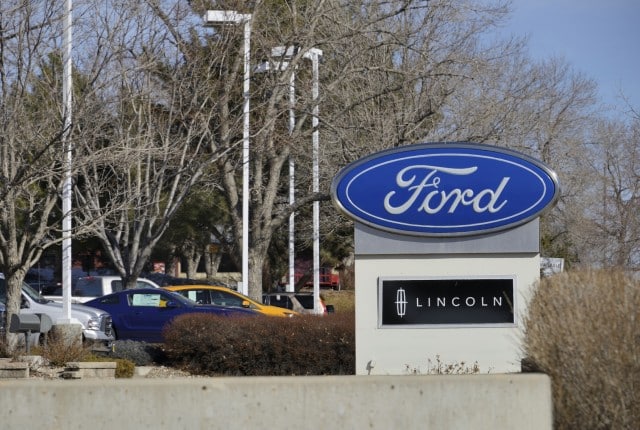The leading carmaker, Ford Motor Company (NYSE:F), behind General Motors Company (NYSE:GM) is facing the abrupt shortage of dollar in Venezuela. That shortage forced the automaker giant to change its strategy in Venezuela.
The U.S automaker closed its plant in Venezuela because it had no dollars to import parts. The dollar shortage is caused by currency controls and lower oil sales resulting in the lack of production from motors to paper and causing the sharpest decline in North America.
Under the new plan, company will sell some of its cars in dollar currency in Venezuela in an attempt to boost the amount of greenback in Venezuela whose shortage hurt its imports from U.S and this precarious situation led to closing of plant, according to a labor union official.
“Car sales will be in dollars,” Gilberto Troya, head of the Ford Motors de Venezuela union, said by telephone from Valencia, Venezuela. He said the company informed the union of the deal with the government April 28. “This could lead to a complete dollarization of the sector.”
The customers will have to pay money in dollars for car buyouts. This money will be utilized to import car parts to be manufactured at the Valencia plant, Troya said. Customers of Venezuela could be able to purchase some down models of Ford like Fiesta, in bolivars, he added.
According to Ford’s spokeswoman, Susan Krusel, Ford has agreed to restart its production operations in Venezuela following completion of deal between both parties.
Ford sold just 316 vehicles in the country last month, dealing far below from about 3,000 which the firm sold in April 2007, according to the Venezuelan Automotive Chamber.
Black market proved bad dream for bolivars in the past year. Bolivar has dropped 76 percent to about 289 bolivars per dollar in the black market. The government has kept the currency rates under control since 2003 by maintaining strict rules, and companies need government approval to send back revenue in bolivar currency at the official currency exchange rates.
Majority of the international airlines that carry flights to Venezuela, including American Airlines Group Inc. closed the gates for bolivars for ticket purchases. Consumer products company Clorox Co. also closed its operations in the country due to currency headwinds.










